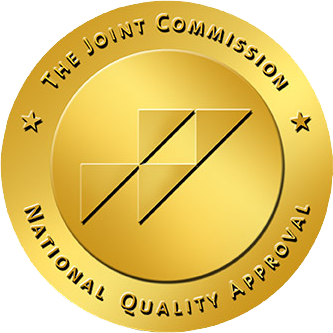Mental health and addiction are more closely related than people think. Conditions like attention deficit hyperactivity disorder (ADHD) can make even simple tasks feel harder or even impossible to complete, leading to comorbidities like depression, anxiety, and addiction. In turn, these conditions can make it even harder to go through one’s daily life, and by the time someone realizes they need to seek help, they’re already dealing with a number of co-occurring disorders — all of which need treatment.
The dual diagnosis of addiction and co-occurring disorders like ADHD and PTSD can help stop the cycle of spiraling that fuels both disorders and set someone up for a future of recovery and healing. Sana at Stowe is proud to offer ADHD and addiction treatment at our luxurious Vermont rehabilitation center. Experience personalized, comprehensive treatment for addiction and mental illnesses in one of the most beautiful places in the world.
ADHD and Addiction Statistics
ADHD is characterized by a lack of dopamine and norepinephrine in the brain, making it challenging for someone to control their focus, impulses and activity levels. It’s most commonly diagnosed in children — particularly young boys — but it can affect people of every gender and age. Whether someone presents with the well-known “hyperactive-impulsive” presentation, the understated “inattentive” presentation, or a combination of both, someone with ADHD may struggle to make and keep connections, stay focused on important tasks, or remember routines and appointments.
These challenges often lead people with ADHD to find some way to cope with their experiences. Smoking cigarettes, drinking alcohol, and misusing substances are some of the most common methods, and these statistics prove that:
- Substance use disorders are twice as likely to affect people with ADHD than the neurotypical population.
- At least a quarter of people dealing with an addiction also fit the criteria for ADHD, though some professionals feel it may affect up to half of substance users.
Can ADHD Lead to Addiction?
The medical treatment of ADHD often involves prescribing stimulant medications like Adderall, a controlled substance that can become addictive when misused. For people who are unaware or uninformed about ADHD’s impact on the brain, this prescription can seem like people with ADHD are set up for a lifelong addiction. However, studies have shown that this is not the case.
Stimulant medications affect the ADHD brain differently than a neurotypical brain. While the average person may end up feeling “stimulated” by the excess of dopamine and norepinephrine, the medication encourages people with ADHD who naturally have lower levels of these neurotransmitters. When their medication takes effect, they tend to feel calmer, more focused, and more motivated as their brain reaches equilibrium. The result is the use of these medications lowers the chance of someone with ADHD developing an addiction.
With this understanding, it makes sense that the high rate of ADHD and addiction crossover is more related to the underdiagnosis and lack of treatment many individuals with ADHD experience. As with many mental illnesses, people dealing with ADHD who don’t know they have it or cannot get treatment for it are likely to turn to other methods, like drugs or alcohol.
Heal in Comfort with Sana at Stowe
When you or a loved one is dealing with ADHD and substance abuse, it can feel like every part of your life is consumed by it. Finding a path forward with Sana at Stowe will give you a much-needed breath of fresh Vermont air as you work toward holistic healing and building a sober life. Here, you’ll be surrounded by incredible views and luxurious amenities while you work with our compassionate medical staff to detox from substances, get to the root of your addiction, and find an effective treatment for ADHD.
Speak with one of our coordinators today to learn more about dual diagnosis ADHD and alcohol abuse or drug use treatment and to reserve your room at our safe, confidential facility.

Sana at Stowe has achieved accreditation and received
a Gold Seal of Approval® from The Joint Commission®.
This accreditation award verifies that Sana meets the most rigorous quality and patient safety standards of care, and shows a dedication to excellence across the full continuum of care. Learn more.

In-network with many insurance companies!
Sana at Stowe is in-network with BlueCross BlueShield, United Healthcare, UBH, UMR, MVP, First Health, Tufts Health Plan, Harvard Pilgrim Health Care, and Tricare and also accepts most out-of-network insurances, and accepts all private insurance. We also provide access to financial assistance to help with the cost of treatment.


